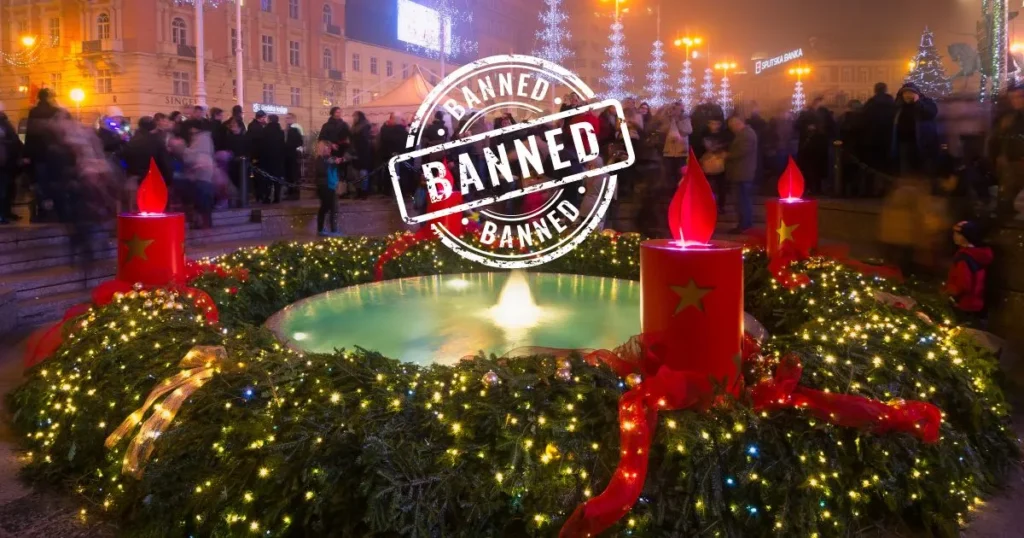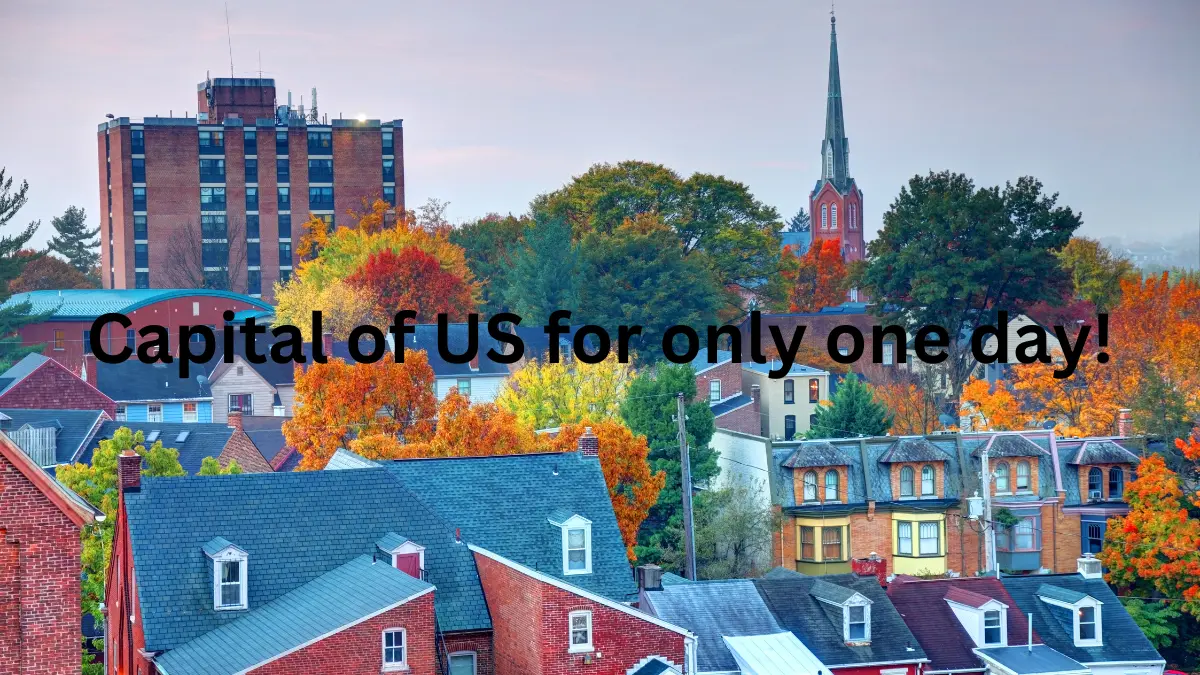Boston was the first U.S. city who banned Christmas in 1659. This ban was enforced by the Puritans, who were strict Protestants that believed Christmas celebrations were immoral and un-Christian.

The ban was not lifted until 1681 when King Charles II restored power to the British colonies. This act was a significant turning point in the history of Christmas celebrations in the United States and has sparked much debate and discussion throughout the years.
The Puritans and their Beliefs
To understand why Boston banned Christmas, it is essential to delve into the beliefs of the Puritans. They were a group of English Protestants who wanted to purify the Church of England from within. They believed that the Church of England had become corrupt and needed to be reformed.
The Puritans were heavily influenced by the teachings of John Calvin, a French theologian who promoted strict religious practices. They rejected Catholic traditions and rituals, including Christmas celebrations, which they believed had pagan roots and were not mentioned in the Bible. The Puritans saw Christmas as a holiday that encouraged excessive drinking, partying, and immorality.
Realted post: Lancaster was the capital of the United States for only one day
The Rise of Christmas Celebrations in England
The Puritans’ views on Christmas were not shared by everyone in England. For centuries, Christmas had been celebrated as a religious holiday and a time for feasting, gift-giving, and merrymaking. Many people enjoyed the festivities and saw it as a way to bring joy and cheer during the dark winter months.
However, in the 17th century, Christmas celebrations came under attack from various religious groups. The Anglican Church, which controlled England at the time, condemned Christmas as a Catholic invention and discouraged its celebration. This led to a decline in Christmas traditions and practices throughout the country.
The Puritans in the New World
In 1620, a group of Puritans known as the Pilgrims immigrated to the New World and established the Plymouth Colony. This would later become part of Massachusetts Bay Colony, which included Boston. The Puritans saw this as an opportunity to create a society based on their strict religious beliefs.
In the New World, the Puritans faced challenges in maintaining their religious practices. They were surrounded by Native American tribes who did not share their beliefs, and they also had to contend with other European settlers with different religious backgrounds.
The Ban on Christmas in Boston
In 1659, the Puritan-controlled General Court of Massachusetts passed a law that banned all Christmas activities. This included any public or private celebrations, decorations, feasting, and gift-giving. The punishment for breaking this law was a fine of five shillings.
The Puritans saw Christmas as a threat to their strict religious practices and wanted to eliminate it entirely from their society. They viewed the holiday as a time of sin and debauchery, with people indulging in excessive drinking and immoral behavior.
Reactions to the Ban
The ban on Christmas sparked mixed reactions among the colonists. Some supported it, while others saw it as an attack on their religious freedom. Many people continued to celebrate Christmas privately in defiance of the law.
One notable person who opposed the ban was Increase Mather, a prominent Puritan minister at the time. In a sermon titled “A Testimony Against Several Prophane and Superstitious Customs, Now Practiced by Some in New England,” Mather argued that Christmas should be celebrated as a religious holiday, not a time for excessive drinking and revelry.
The Restoration of Christmas
In 1681, the ban on Christmas was lifted when King Charles II restored power to the British colonies. The Puritans’ hold on Massachusetts had weakened, and they were forced to accept more religious diversity in their society.
With the ban lifted, Christmas celebrations slowly began to reemerge in Boston. However, it would take many years for Christmas to become a widely accepted holiday in the United States.
Legacy of the Ban
The ban on Christmas in Boston may have been short-lived, but it left a lasting impact on American society. It highlighted the tension between religious freedom and strict religious practices. It also sparked discussions about the commercialization of Christmas and its true meaning as a religious holiday.
Today, Christmas is widely celebrated in the United States, with traditions and customs that have evolved over the years. However, the debate over the role of religion in Christmas celebrations continues to this day.
Who banned Christmas in 1647?
While Boston did ban Christmas in 1659, it was not the only city or colony to do so. In 1647, the Colony of Plymouth banned Christmas celebrations as well. The reason for this ban was similar to that of Boston – the Puritans’ disapproval of excessive drinking and revelry during the holiday.
The ban in Plymouth was also lifted around the same time as Boston’s, with the restoration of power to the British colonies. However, it is believed that Plymouth had a more relaxed stance on Christmas celebrations compared to Boston.
Conclusion
In conclusion, the ban on Christmas in Boston was a significant event in American history that showcased the religious and cultural tensions of the time. It highlighted the strict beliefs and practices of Puritan society and sparked discussions about the role of religion in American society.
Today, Christmas is celebrated throughout the country, but it is essential to remember its complex history and meaning. So, we should celebrate Christmas with respect for its origins and traditions, while also embracing the diversity of beliefs in our society.
Let us use this holiday as an opportunity to spread joy and goodwill towards all.





